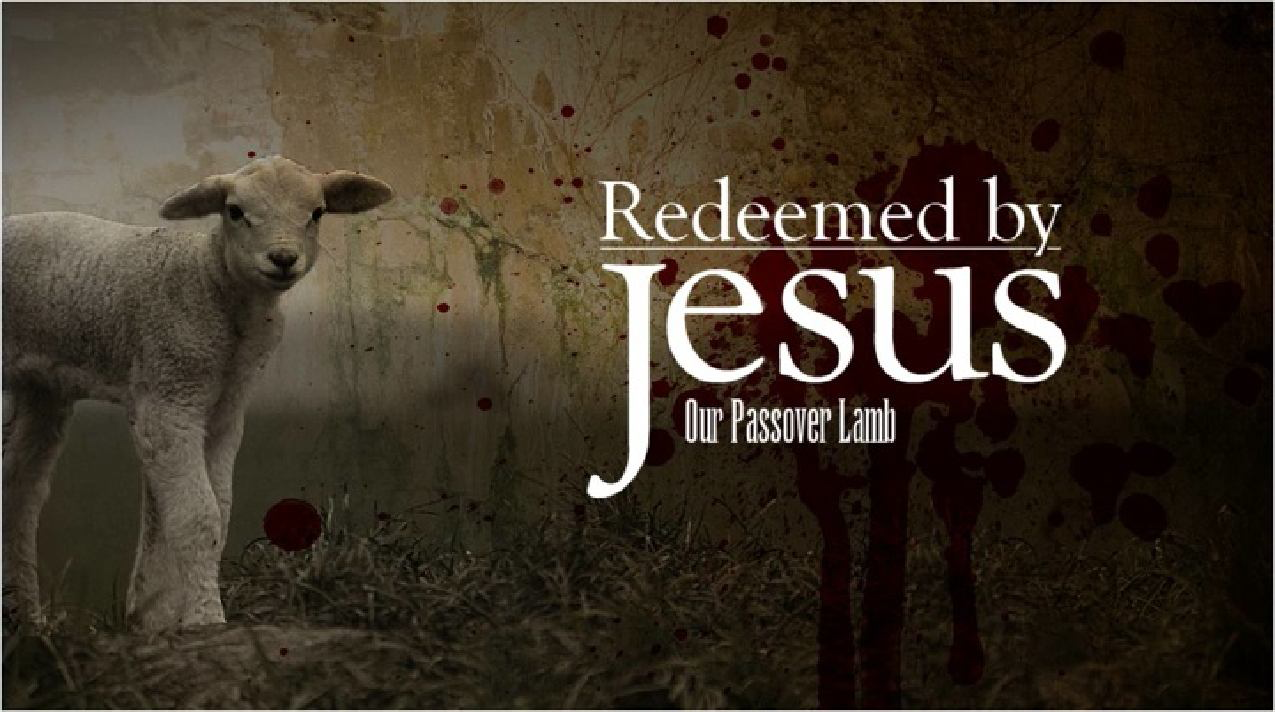Why are we starting in Numbers 9? Because strange though it first sounds, this is where the Book of Numbers starts. Compare Num.1:1 (the first day of the second month of the second year...) with Num.9:1 (the first month of the second year)... and we know it was before the 14th (9:3). Which raises the question, ‘Why 8 Chapters of legislative material before we get to the action?’. In part because Num.1-8 sets the context. It shows how everyone in the Church in connected to and invested in the ministry of the Tabernacle (i.e. the proclaiming of the Gospel to the nations). That extended introduction also contains the first census (numbering of the people) from which the Book takes its name. Before we get into the narrative of the journeyings of God’s people, we need to know who those people are, and what it is that defines them.
And so we join the ancient Church a year after their liberation from Egypt. That year has been spent en route from the land of their captivity (3 months) and then camped at the foot of Sinai. Whilst there they have been building the Tabernacle, and learning how to worship the LORD there. Now they are getting ready for their first ‘trial run’ (see 10:11-34 for the first 3-Day journey). Moving a mass of people the size of the Church is a huge logistical undertaking, and we learn the elegant organisation required. But first: Passover ‘...in accordance with all its rules and regulations’ (9:3).
That might seem restrictive. By and large, we don’t appreciate our worship being constrained by rules and regulations. In our time we tend to prize freedom (and in some cases, spontaneity) as marks of true, spiritual worship. But that is because, by and large, we have forgotten that as we worship in accordance with the Lord’s directives, He is teaching us about Christ: about His work for us, and about the discipleship to which He is calling us. This profound Spiritual dynamic in our gathered and formal worship might be news to us, but it has always characterised truly Christian worship. We need to step back from our obsession with what we want to say in worship, and learn to listen to what He wants to say, and with what He wants us to say!
Questions:
What does it mean to say that ‘some of them could not celebrate the Passover on that day because they were ceremonially unclean on account of a dead body’ (v.6)? Why does coming into contact with death mean they can’t join the worship of the people of God?
Is there anything today that would mean we can’t join the worship of the people of God? Can we be rendered unclean in the same way?
What is the attitude of those who were going to have to miss out on the celebration of the Passover? Do we ever feel the same about the corporate worship of God’s people?
Why is Moses so cautious about responding to the peoples’ question (v.8)?
Having read through Num.9:1-14, what would you make of someone who could in the worship of the Church, but decided not to? Why is the treatment of someone who could have celebrated the Passover but didn’t so severe? Should this be our attitude today?
How does the Passover teach us about Christ and the Gospel?
There is more going on here than you might realise. If you want to explore this further you can do so at the Jews for Jesus website.
Who is ‘the foreigner’ that the Lord has in mind in 9:14? What does this teach us about the nature of the Old Testament Church? How then should we respond to the idea that in the Old Testament, the Church is an ethnically specific reality (i.e. about a particular race)?

